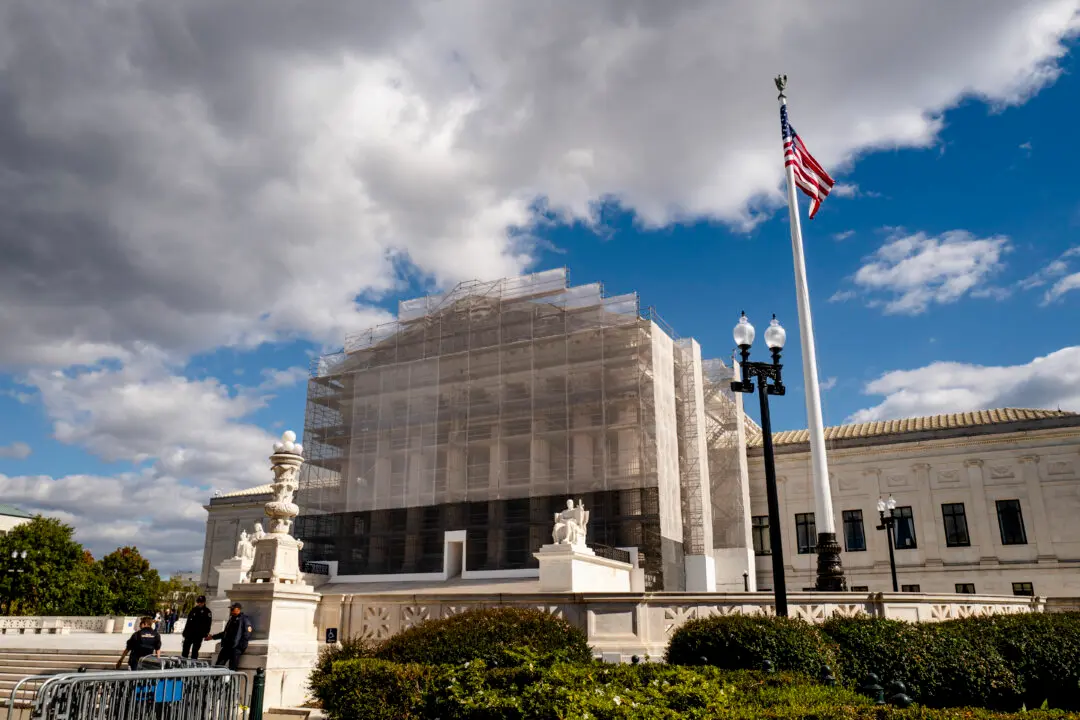Commentary
Amid much media hullabaloo, a group called “Citizens for Responsibility and Ethics in Washington” (CREW) recently filed a petition in a Colorado trial court demanding that former President Donald Trump be disqualified from the Colorado presidential ballot on the grounds that he’s an insurrectionist. CREW seems to exist largely to sue Republicans, especially President Trump.





